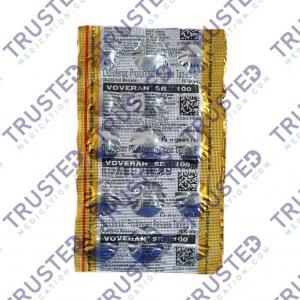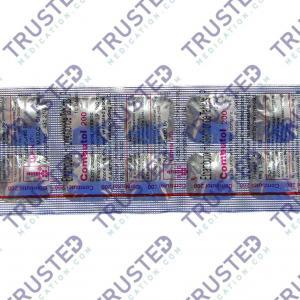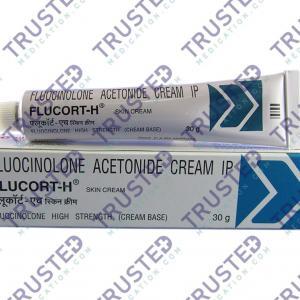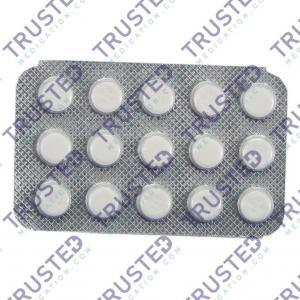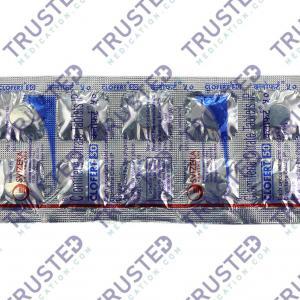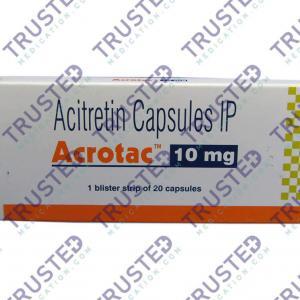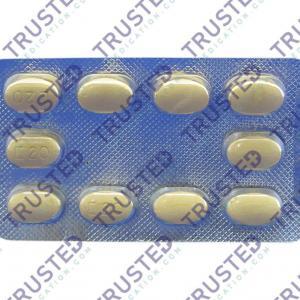
ADHD, or attention deficit hyperactivity disorder, is a condition that causes trouble paying attention, hyperactivity, and impulsive behavior. It is often first recognized in early childhood. ADHD can affect a child’s thinking, performance in school, behavior, feelings, and relationships with others. It often continues into adulthood. Treatments for ADHD include medicines, behavior training, counseling, and changes at school and home. These treatments can be used alone or in combination.
What is ADHD Treatment?

Standard treatments for ADHD in adults usually involve medication, education, skills training, and psychological counseling. A combination of these is often the most effective treatment. These treatments can help manage many symptoms of the disorder, but they don’t cure it. It may take some time to determine what works best for you.
Medications
Talk with your doctor about the benefits and risks of any medications.
- Stimulants are typically the most commonly prescribed medications for ADHD, but other medicines may be prescribed. Stimulants appear to boost and balance levels of brain chemicals called neurotransmitters.
- Other medications used to treat ADHD include the non-stimulant and certain antidepressants. These medicines work slower than stimulants, but these may be good options if you can’t take stimulants because of health problems or if stimulants cause severe side effects.
The proper medication and dose vary among individuals, so it may take time to determine what’s right for you. Tell your doctor about any side effects.
Psychological counseling
Counseling for adult ADHD generally includes psychological counseling, education about the disorder, and learning skills to help you be successful.
Psychotherapy may help you:
- Learn how to reduce your impulsive behavior
- Develop better problem-solving skills
- Improve your time management and organizational skills
- Cope with past academic, work, or social failures
- Improve your self-esteem
- Develop strategies for controlling your temper
- Learn ways to improve relationships with your family, co-workers, and friends
Common types of psychotherapy for ADHD include:
- Cognitive behavioral therapy – This structured type of counseling teaches specific skills to manage your behavior and change negative thinking patterns into positive ones. It can help you deal with life challenges and help address other mental health conditions.
- Marital counseling and family therapy – This type of therapy can help loved ones cope with the stress of living with someone with the disorder and learn what they can do to help. Such counseling can improve communication and problem-solving skills.
What are ADHD Medications?
There are various types of medications recommended for the treatment of ADHD:
- Methylphenidate
- Lisdexamfetamine
- Dexamfetamine
- Atomoxetine
- Guanfacine
These medicines may help someone with the condition. These allow you to concentrate better, be less impulsive, feel calmer, and learn and practice new skills.
Some medicine for the condition must be taken every day, but some can be taken just on school days. Treatment breaks are periodically recommended to assess whether the medication is still needed.
If you were not diagnosed with the condition until adulthood, a doctor and specialist could discuss which medicines and treatments suit you. If you or your child is prescribed one of these medicines, you’ll probably be given small doses at first, which may increase gradually. You or your child will need to see a medical doctor for regular check-ups to make sure the treatment is working effectively and check for signs of any side effects or problems.
Which Is More Effective?
ADHD medications work in different ways depending on the type. But all medicines work by increasing the levels of essential chemicals in your brain. These neurotransmitters include dopamine and norepinephrine. Increasing the amount of these neurotransmitters helps improve the symptoms of ADHD, including:
- Controlling impulsive behavior
- Managing executive dysfunction
- Increasing attention span
- Reducing hyperactivity
As well as taking medicine, different treatments can be helpful in treating ADHD. Treatment is also effective in treating additional problems, such as conduct or anxiety disorders, that may appear with ADHD.
ADHD management differs from person to person. It is essential to inform your doctor about any side effects of the medications or treatment recommended to you. Talk to them if you feel you need to stop or change therapy.

